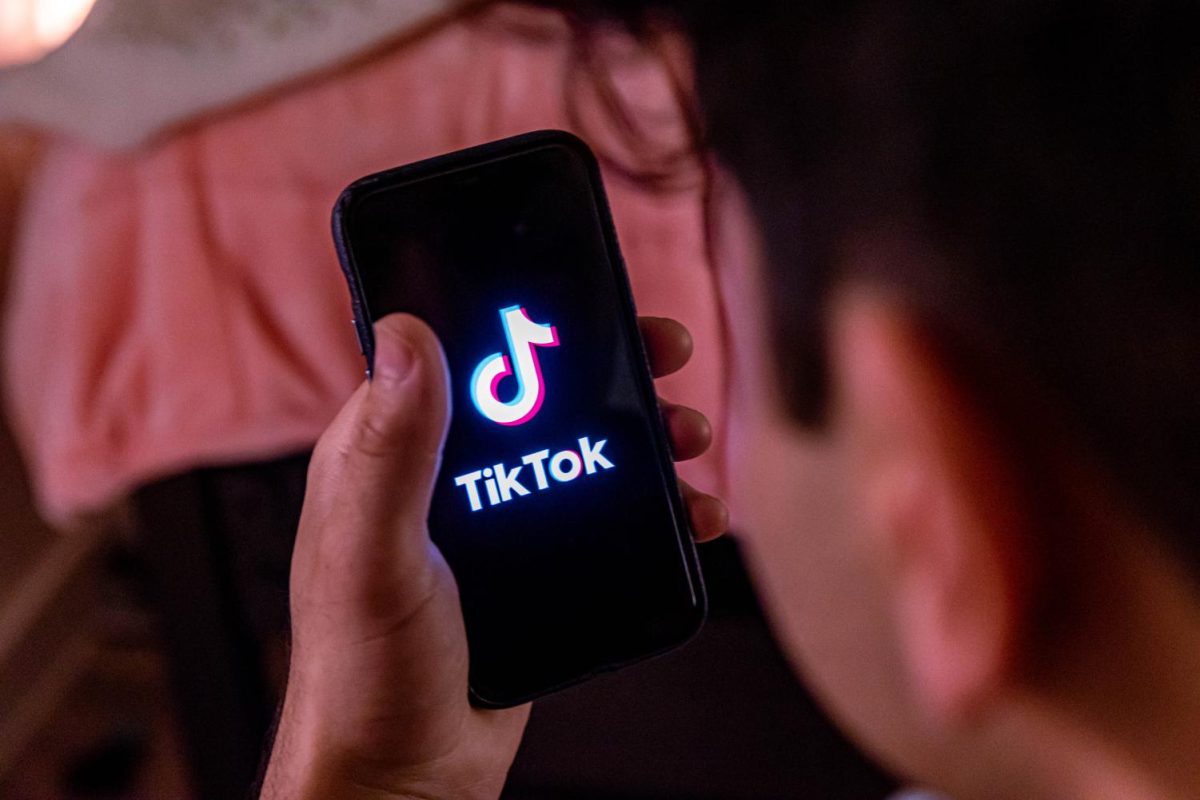TikTok, the social media app, might “go dark” on Jan. 19 after a nearly nine-month-long legal battle between Chinese parent company Bytedance and the United States government, according to a statement from TikTok.
The Supreme Court ruled on Jan. 17 that the law forcing the app to be sold or banned was constitutional. President Biden’s administration stated it would leave the ruling’s enforcement to the incoming Trump administration. President-elect Trump said in an interview with NBC News he is considering granting the social media app a 90-day extension to be sold to an American company when he enters office on Jan. 20.
Amidst the legal debate, TikTok, which has around 170 million American users, said in a statement it would not keep the app running unless it receives clear permission allowing them to do so from the Biden administration, potentially affecting content creators on campus who rely on the platform for supplemental income and work experience.
“Not only is it taking away freedom of speech, but people’s livelihoods,” said Isabella Bailey, a textiles and apparel sophomore who runs a fashion TikTok account with over 180k followers. “Some people have even gone to college and rely on their money made from TikTok, and it can just be taken away.”
Bailey said her account has helped her grow her fashion resume and experience, make revenue from her content, and allowed her to work with fashion brands. If the ban goes through, she said she might have to move her focus to Instagram, where she would have to learn a new algorithm and navigate a more “negative” social media environment.
Advertising senior Juliet Siegel, whose TikTok account has 2.8 million followers, is also worried about having to start from scratch. Her videos involve using augmented reality creations, or filter effects, that she makes herself. Siegel said these effects alone have amassed her over 10 billion views, but losing them means losing one of her biggest content creation tools and having to relearn those skills on a different platform.
“I have over hundreds of AR effects that I’ve taken hours to make in code, and with that being gone, I have to start fresh with making it on a whole new platform, which is going to be a lot because I am self-taught,” Siegel said. “TikTok is such a very easily enterable space when it comes to making effects, so it’s going to be quite disappointing to see my entire portfolio wiped.”
Acting sophomore Natalie Tran, who runs a comedy TikTok account with over 870k followers, said her social media prominence has also aided her career, giving her opportunities to audition for projects in streaming services and join a major talent agency. However, she said the benefits and connections TikTok provided her are not what she will miss most about the app if the ban goes into effect.
“I will mostly miss TikTok just for being a consumer and watching things,” Tran said. “There are many other platforms with similar algorithms, but I feel like you can’t really recreate what TikTok created. … I have so much data on there, I have so many saved videos, saved audio, so many memories and all that to be gone, that’s going to be really sad.”















